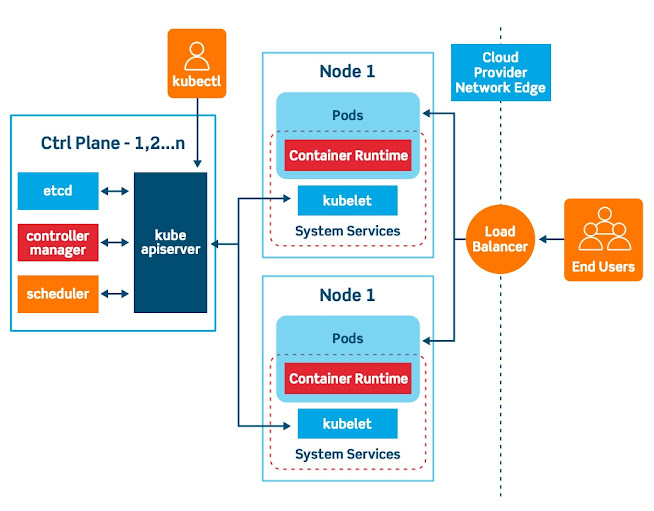What is Microsoft Azure Cloud?
What is Microsoft Azure Cloud?
Microsoft Azure Cloud is an expanding set of on-demand cloud services that help organizations store and manage their data, create complex web apps, improve their cyber-security and compliance practices, and much more. Since Azure is a public cloud platform, users are able to scale up their infrastructure to align with their particular needs and create hybrid computing environments. Once integrated, Azure gives businesses the freedom to build, manage and deploy custom web apps using the development tools and frameworks they’re most comfortable with.
Benefits of Microsoft Azure:
On-demand scalability: Business needs change over time, whether for growth or downsizing, which makes scalability a core concern for any infrastructure-related investment. Microsoft Azure’s public cloud framework allows organizations to increase their storage space and computing power on demand, ensuring maximum capacity during short-term bursts of traffic and long-term expansion projects. Azure was designed to scale alongside businesses, meaning users can adjust their service agreements to prevent disruption of their high-load applications.
No on-site hardware required: Owning and operating on-premise data storage equipment comes with high upfront costs and consistent overhead, which can eat into a company’s IT budget. By moving their data, applications and computing processes to the cloud, organizations can essentially eliminate the need for on-site hardware. Businesses looking to keep some of their processes on private servers, whether due to convenience or compliance issues, can build a hybrid cloud environment using Azure’s advanced networking features.
Cost-effective subscription models: Microsoft Azure’s consumption-based pricing structure allows small businesses and large enterprises to better manage their IT budgets and leverage the exact cloud features they need. This usage-based model is highly effective for decreasing infrastructure costs, reducing the burden placed on in-house IT management and streamlining cross-departmental workflows. If issues arise, users are backed by Microsoft’s extensive knowledge base and 24-hour support team.
High availability: Unlike many of the competing cloud service vendors, Microsoft Azure provides high availability and redundancy across all of its data centers. The tech giant operates in 55 regions worldwide and is available in 140 countries, making Azure well-suited to companies with a global reach. Because of its massive presence, Microsoft is able to offer a service-level agreement that ensures 99.95% availability, which amounts to under 4.5 hours of downtime per year.
Enterprise-level development tools: With Microsoft Azure, organizations can build, deploy and manage their own custom web apps using a variety of popular tools and programming languages, including .NET, Java, Python, Kubernetes and much more. This flexibility enables users to create next-generation applications for web and mobile devices, while also utilizing a host of management resources, from container orchestration to automatic updates. Additionally, Azure’s end-to-end development platform features dedicated testing environments that help companies optimize their internal web apps and customer-facing experiences.
World-class cyber-security: All data stored on Azure is protected by an advanced encryption process, and Microsoft’s data centers are outfitted with two-tier authentication, proxy card access readers and even bio-metric scanners. When paired with existing cybersecurity systems and policies, Azure’s built-in security tools can help maintain the privacy, integrity and availability of sensitive customer information. Through its multi-layered security model, Microsoft helps companies ward off data breaches, malware, DDos attacks and other evolving threats.
Advanced compliance features: Over the years, Microsoft has become quite familiar with the need for strong and adaptive compliance controls. That’s why Azure offers more than 35 compliance offerings specific to the needs of key industries, including health care, government, finance, education, manufacturing and more. Through its built-in compliance tools, configuration management features and guidance resources, Microsoft helps organizations keep pace with the evolving regulatory guidelines like HIPAA, ISO 27001, GDPR and more.




Comments
Post a Comment